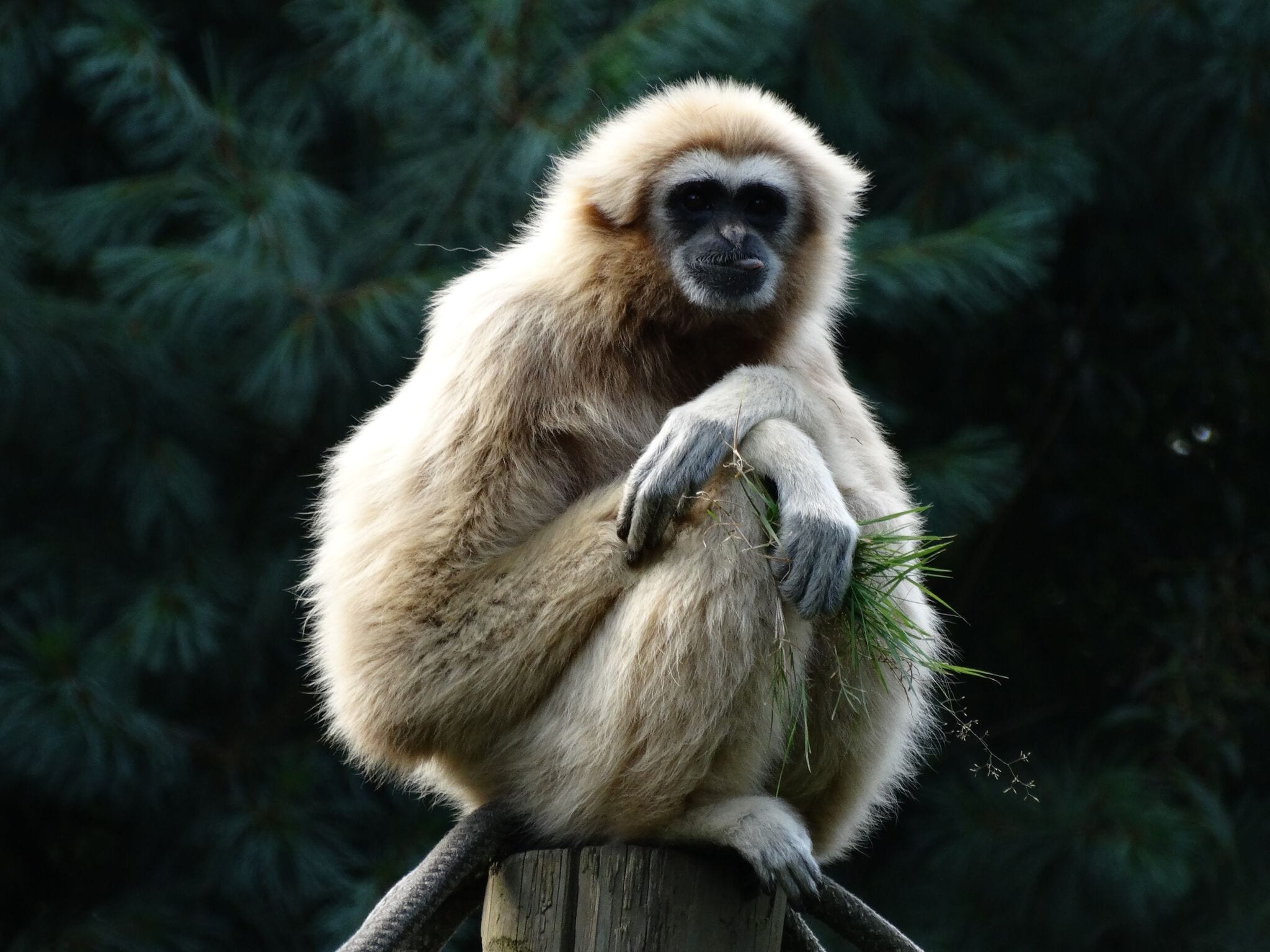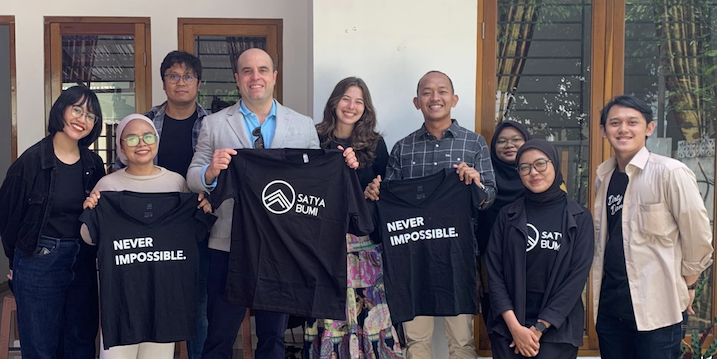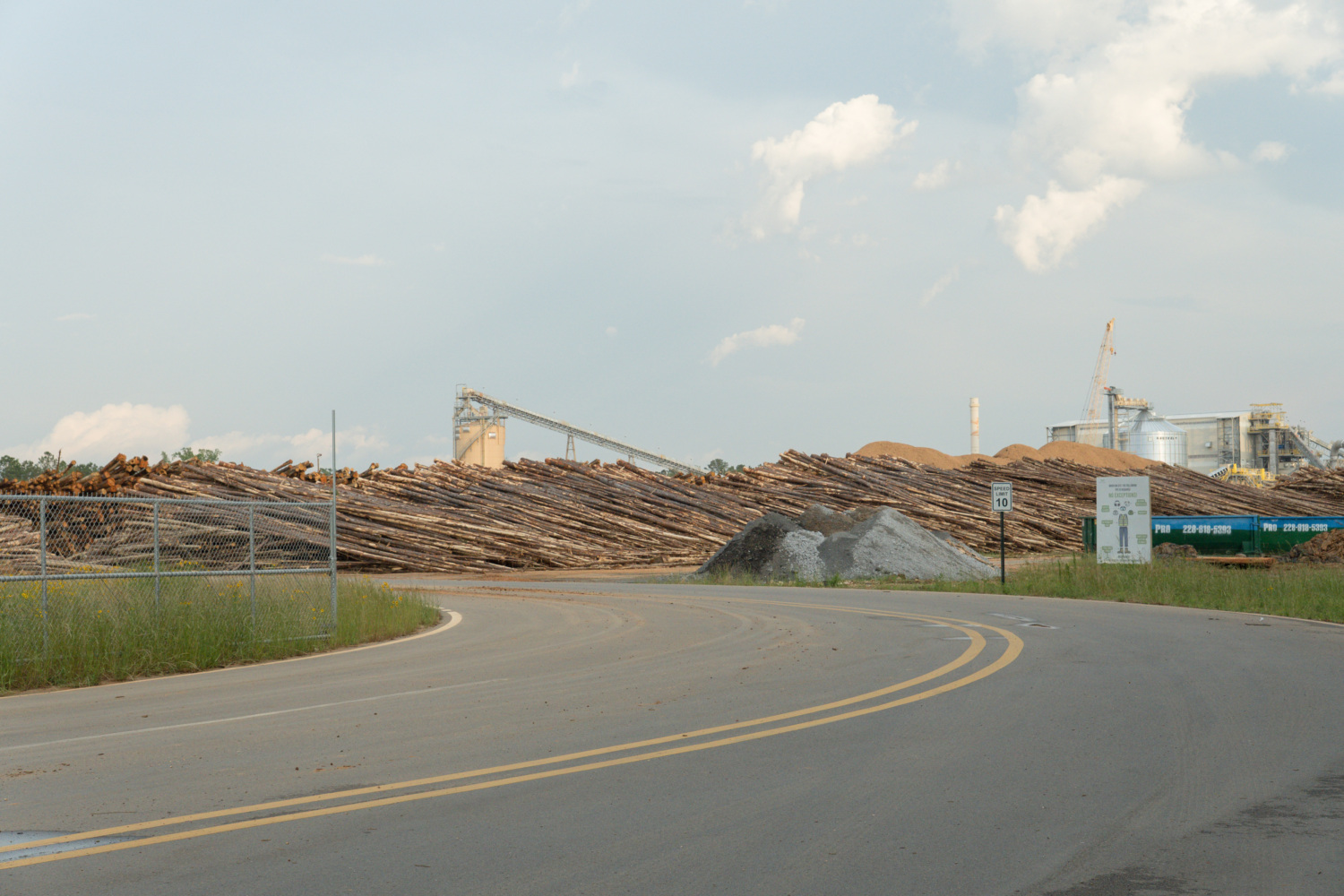
Victory! Bridgestone, World’s Largest Tire & Rubber Company, Announces End to Deforestation, Land Grabbing
Today, Bridgestone Tires, the world’s largest tire and rubber company, released a new Global Sustainable Procurement Policy that commits to protecting rainforests that are critical habitat for wildlife like gibbons, orangutans, tigers, and elephants, as well as addressing labor and human rights abuses. This announcement makes Bridgestone the third major tire company to commit to a “No Deforestation, No Exploitation” policy.
“With Bridgestone’s announcement, deforestation-free rubber production is becoming the standard market expectation,” said Mighty Earth Campaign Director Kristin Urquiza. “Companies that want to sell rubber should know that engaging in deforestation or land grabbing means losing access to international markets. We’re seeing a total revolution in the tire and rubber industries happen before our eyes.
“Bridgestone is showing it’s serious about conservation and human rights by requiring suppliers to protect High Carbon Stock and High Conservation Value lands and respect the right of local communities to provide Free, Prior and Informed Consent about the use of their land. Bridgestone’s use of the credible High Carbon Stock Approach as its sustainability standard shows suppliers the company means business when it comes to sustainability.
“Now, Bridgestone needs to hold true to its mission to be the clear and absolute leader, or dan-totsu, by making this policy’s implementation plans and timeline public, including their plans to restore forests to mitigate past damage and ban hazardous pesticides.
“Bridgestone has already shown it has the capacity for conservation leadership through its donation of the 10,000-acre Centennial Wilderness Area to the State of Tennessee; it now needs to extend this model of positive environmental stewardship to landscapes in Southeast Asia and West Africa where it is desperately needed.”
Bridgestone’s policy will immediately have a significant impact; the company (sometimes operating through the Firestone brand) directly operates plantations across Southeast Asia and Africa, and sources rubber from suppliers who affect millions more acres. We are grateful to the Arcus Foundation and the Norwegian International Climate & Forest Initiative for making this campaign possible.
Demand for natural rubber is driven by the production of tires for the more than one billion vehicles – commercial, passenger, and aircraft – that operate around the globe. Much of the expansion of natural rubber plantations to meet rising global demand has come from extremely rapid deforestation in Cambodia, Vietnam, Laos, and Myanmar, home to endangered species like gibbons, tigers, and elephants. From 2001-2014, tree cover loss in Cambodia accelerated faster than any country in the world, according to data from the World Resources’ Institute Global Forest Watch. Indonesia, a global deforestation hotspot, is the world’s largest rubber producer, and Bridgestone/Firestone operates the world’s largest rubber plantation in Liberia, spanning more than a million acres.
The tire industry accounts for at least 70 percent of global natural rubber consumption with the top five brands – Bridgestone, Michelin, Goodyear, Continental, and Pirelli – accounting for about half of the industry’s consumption. Michelin has previously adopted a strong No Deforestation policy and Pirelli recently announced a sustainable rubber policy. Goodyear and Continental need to join the race towards a responsible tire industry while there are still forests left to save. We’ve got to wonder what these companies have to hide.
“There’s a lot at stake,” Urquiza said. “By some estimates, deforestation for rubber between now and 2024 could release the same amount of carbon dioxide as the country of India does annually.
“The entire tire and rubber industries need to defuse this rubber carbon bomb. In order to make sure practices actually change on the ground, there needs to be industry-wide action against deforestation. We look forward to working with relevant stakeholders to adapt the best of these systems to the rubber industry to immediately eliminate deforestation and land grabbing.”
“Many of the world’s largest companies have committed to eliminate tropical deforestation by 2020,” said Mighty Earth CEO Glenn Hurowitz. “With the rubber industry moving towards action, laggards like the soy industry should catch up.”


